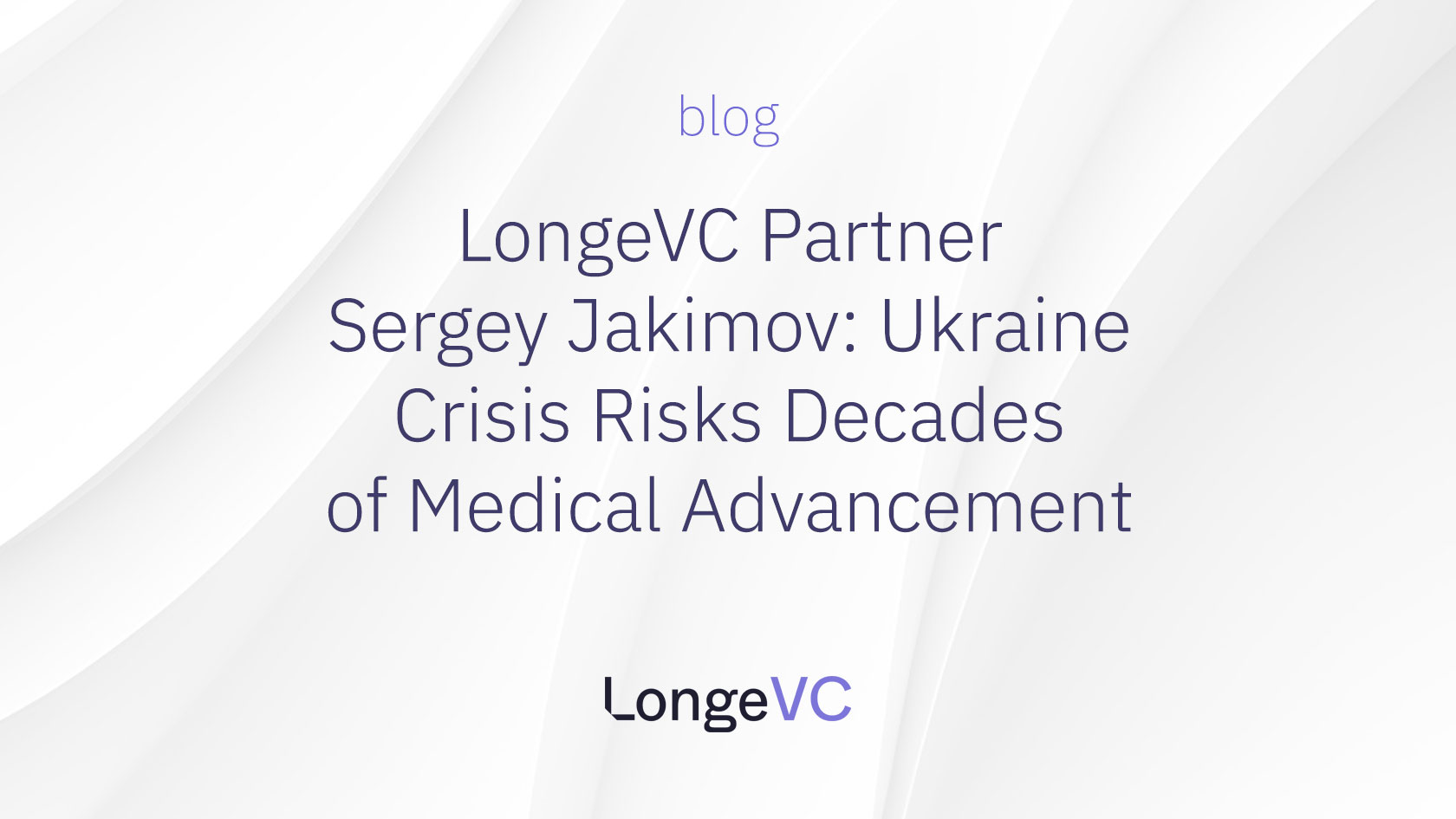2022-03-16 10:27
Longevity.Technology: Ukraine crisis risks decades of medical advancement
